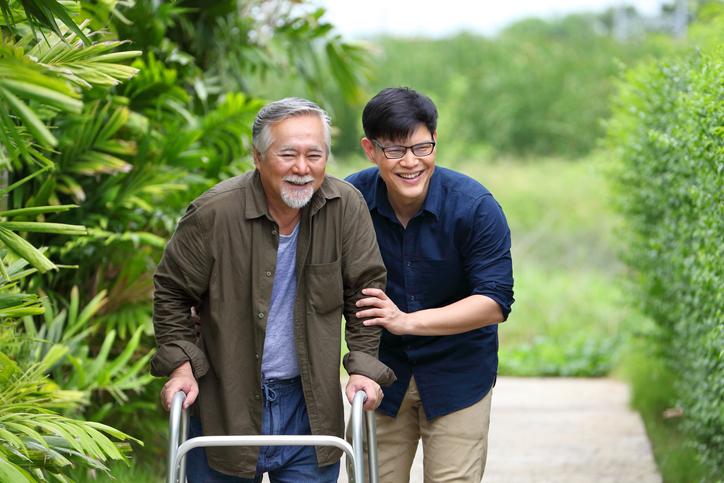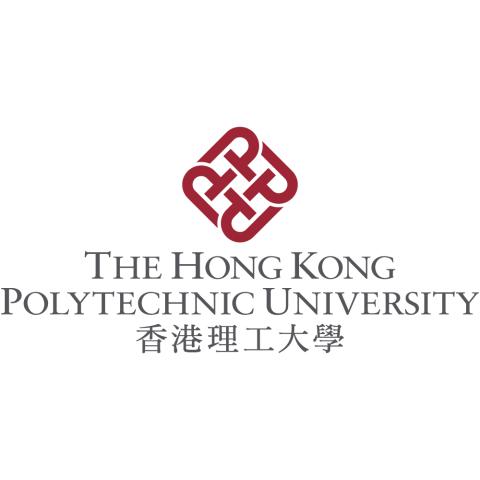
How to improve civic education through service learning
In the 21st century, a university has to prepare its students for a complex, rapidly evolving and increasingly challenging world. Modern society requires adaptable citizens who can solve problems and collaborate with diverse others, and who have a strong sense of social responsibility that transcends their own immediate context.
This means that graduates need to be civic-minded as well as competent professionals. However, teaching civic-mindedness involves more than simply imparting knowledge. Civic-mindedness means being able to empathise with others and be accepting of one’s social responsibility. I believe this is best taught by bringing students out of the classroom and into the community, where they are exposed to real-life societal issues and interact with those from different backgrounds, and by guiding them to link their experience with the intended learning outcomes of the academic subject.
- Three steps to successful rapid-response civic engagement with students
- Community-engaged learning: a pedagogic approach to civic outreach
- THE podcast: what is the civic role of universities post-pandemic?
“Service learning” is an experiential pedagogy that combines academic learning with community service and employs critical reflection to link the two. Many universities have integrated service learning as a core educational strategy. The Hong Kong Polytechnic University (PolyU), where I work, requires all students to pass a three-credit service learning subject, in which students deepen their understanding through classroom-acquired knowledge and apply it in a real-life project designed for the betterment of society, particularly assisting the underserved or otherwise disadvantaged. The students learn to collaborate, solve problems creatively, think critically and build character – all crucial skills for the 21st-century global citizen.
Service learning involves many different stakeholders, and turning this vision into reality requires a holistic institutional strategy. For example, quality assurance is needed to ensure that students are achieving the intended learning outcomes and that the community is benefiting from the service projects undertaken by students. Since service learning may not be familiar to many academics, professional development is also required to ensure that teachers are properly prepared, while administrative support is helpful for networking with communities and local organisations.
The factors identified above imply that nurturing civic mindedness requires an institutional cultural shift. Take our university as an example: we created a structure with parallel lines of quality assurance and staff support, with a faculty-led committee to establish and enforce guidelines and standards, and a non-academic office to spearhead the necessary campus-wide effort and provide support through community liaison and teacher education. Here are some of the required steps broken down:
− Community of practice: establish a community of practice where teachers can develop pedagogically and experiment through workshops, seminars and experience-based professional development programmes.
− Visiting colleagues’ service projects: aspiring service-learning teachers are funded to visit colleagues’ service projects to gain on-site, hands-on experience.
− Regular feedback collection: set up a system to collect feedback from students and community partners regularly and encourage evidence-based improvements via funding for small-scale action research and community-based research.
− Service learning scholarships: establish service learning scholarships and develop exchange initiatives and capstone projects.
− Award recognition: to acknowledge teacher contributions we have recognised 47 teachers via various teaching and services awards, in large part for excellence in service learning, since the programme commenced in 2012.
Service learning brings university expertise into the community. PolyU students have contributed more than 1.3 million hours of service to communities in Hong Kong, mainland China, Southeast Asia, Central Asia and Africa since 2012. Projects range from language and STEM education to an ambitious multi-year engineering project designing and installing energy-efficient stoves and solar electricity for rural villages in East Africa. Even during the Covid pandemic, our service learning projects continued online, providing 35,000 hours of service.
Regular monitoring via rigorous evaluation and research is crucial for programme improvements. Our evaluations have shown statistically significant levels of student learning, while community partner feedback has demonstrated the impact of our projects. Notably, our data shows that students who are reluctant to participate in service to the community do not learn statistically less than those who are eager; even students who are hostile to the concept of social engagement can change their perceptions given a positive learning experience, and these learning outcomes persist even after graduation. Our outstanding research has not only served to strengthen our own programme, but also contributes to international scholarship and to the growth and strengthening of the international service learning community.
Conclusion
Service learning has become a flagship feature of the PolyU undergraduate programme. Going forward, the university has put in place an initiative to expand the existing provision of non-local service learning projects to educate our students on global awareness, cultural competences and global socially responsible citizenship. Non-local service learning has proven to be a particularly powerful learning experience where, for seven to 10 days, students and teachers are intensively focused on a project with a common purpose larger than themselves, conducted in a challenging and unfamiliar environment, while achieving an impact that is deeply appreciated by the target community. It is an experience that achieves multiple educational objectives at the same time. It also leaves an indelible memory and creates bonds that last a lifetime.
Grace Ngai is head of the service learning and leadership office at the Hong Kong Polytechnic University.
If you would like advice and insight from academics and university staff delivered direct to your inbox each week, sign up for the THE Campus newsletter.




